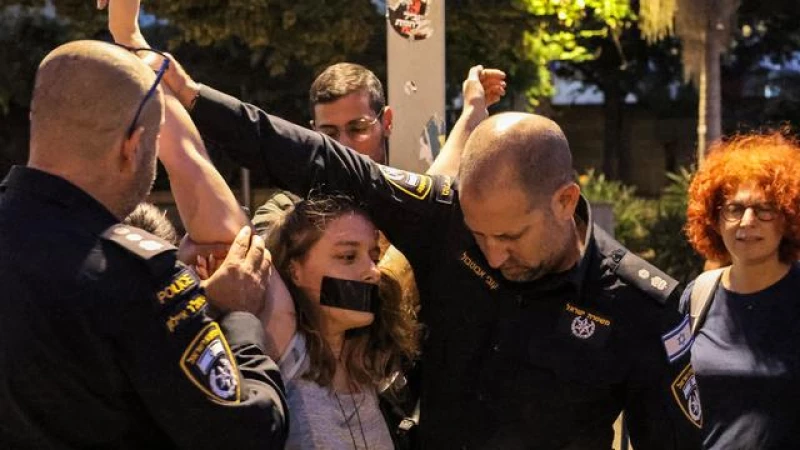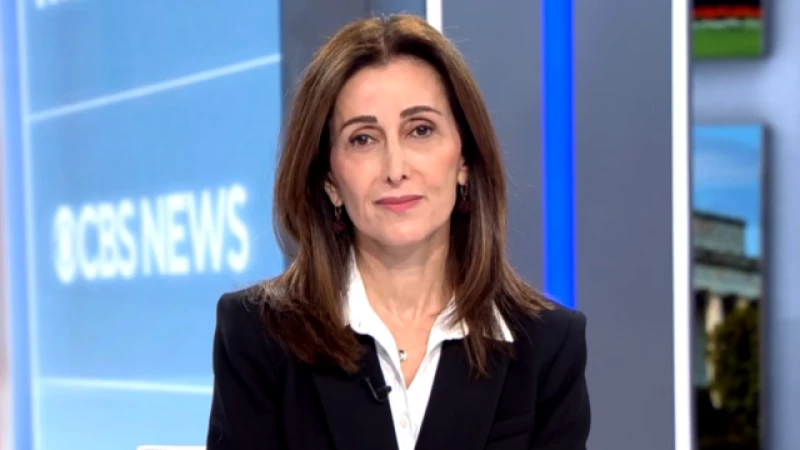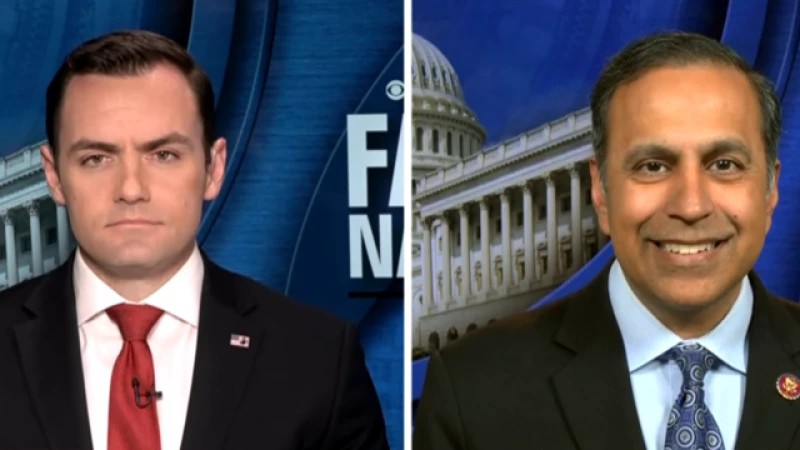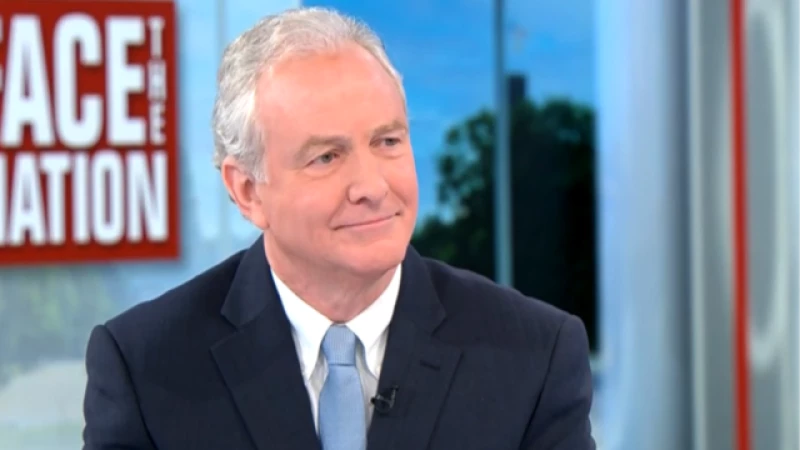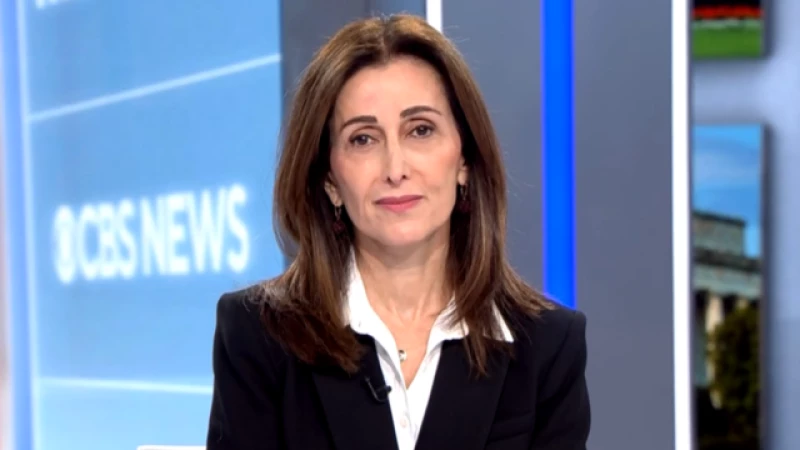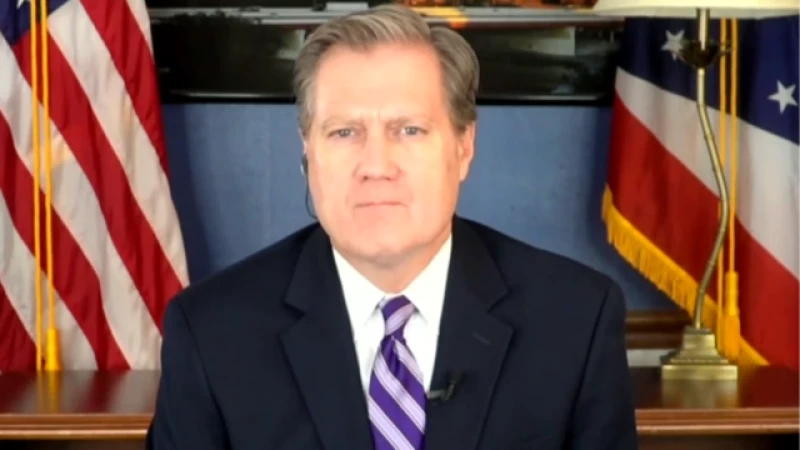Amidst the ongoing conflict between Israel and Hamas, a fierce debate over freedom of expression is taking place within Israel. According to rights groups and lawyers, there is a growing crackdown on speech, leading to numerous individuals being fired from their jobs, facing disciplinary actions or expulsion from universities, and even being arrested. Often, these actions are a result of social media posts expressing support for Palestinians or criticizing Israel's operations in Gaza.
"We are not referring to individuals who endorse the horrifying acts that occurred on October 7th, but rather those who seek to understand the Palestinian cause," said Adi Mansour, a lawyer working for Adallah, a Palestinian-run legal aid organization based in Haifa, Israel's third largest city, in an interview with CBS News.
Since the brutal terrorist attack carried out by Hamas on October 7th, Adallah has provided legal representation to more than 90 students who have faced disciplinary measures at 32 different universities in Israel due to posts made on their personal social media accounts.
"This is unprecedented," Mansour commented. He noted that while he has seen cases of students being suspended for issues related to freedom of expression within university campuses, he has never witnessed such a large-scale disciplinary action for expression outside of colleges.
"This is the first time we've seen such a massive campaign targeting students who are sharing content outside of academic institutions," a spokesperson stated.
"They accused me of supporting a terrorist attack or group, and demanded that I attend a hearing where I could defend myself. They also threatened to take action against me, such as revoking my degree," she revealed in an interview with CBS News.
She further explained that she was summoned before a committee comprised of her own professors.
"I tried to explain to them that I was against the terrorist attack and that I am genuinely opposed to violence and harm. However, they refused to listen," she lamented.
A Muslim woman expressed her frustration over not being listened to by others, questioning whether it was because of her religion, appearance, or differences. The student's posts were deemed as support for terrorist activities by a committee and resulted in a semester-long suspension. Israel's national police force has taken a "zero tolerance" approach to social media content since the recent attack by Hamas, leading to the arrest of over 100 individuals for promoting dangerous incitement and violent behavior. Palestinian singer Dalal Abu Amneh was among those detained, facing house arrest and a ban on discussing the war for 45 days after posting a picture of the Palestinian flag with a religious message on Instagram.
Freedom of Expression in Israel
"We arrived at October 7th already in a bad place when it comes to freedom of expression in the press," a human rights lawyer and activist told CBS News. "In the last decade, decade and a half, there is a very disturbing trend of silencing critical voices within Israel," he said.
The lawyer said freedom of speech in Israel was largely protected through the courts and case law, but that over the last decade those protections had "been ignored or deteriorated." He said he believed the majority of the arrests over social media posts would not lead to any further judicial action, but he warned that they would have a further chilling effect on free speech.
"I can assess that 80, 90% of [the arrests] will not bring about an indictment, but the damage is done," the lawyer said. "Because people that are called or detained in order for investigation, they go through a night, and the chilling effect for speech and the chilling effect of having an open discussion on the means of warfare that we're using in Gaza is completely, completely crushed."

